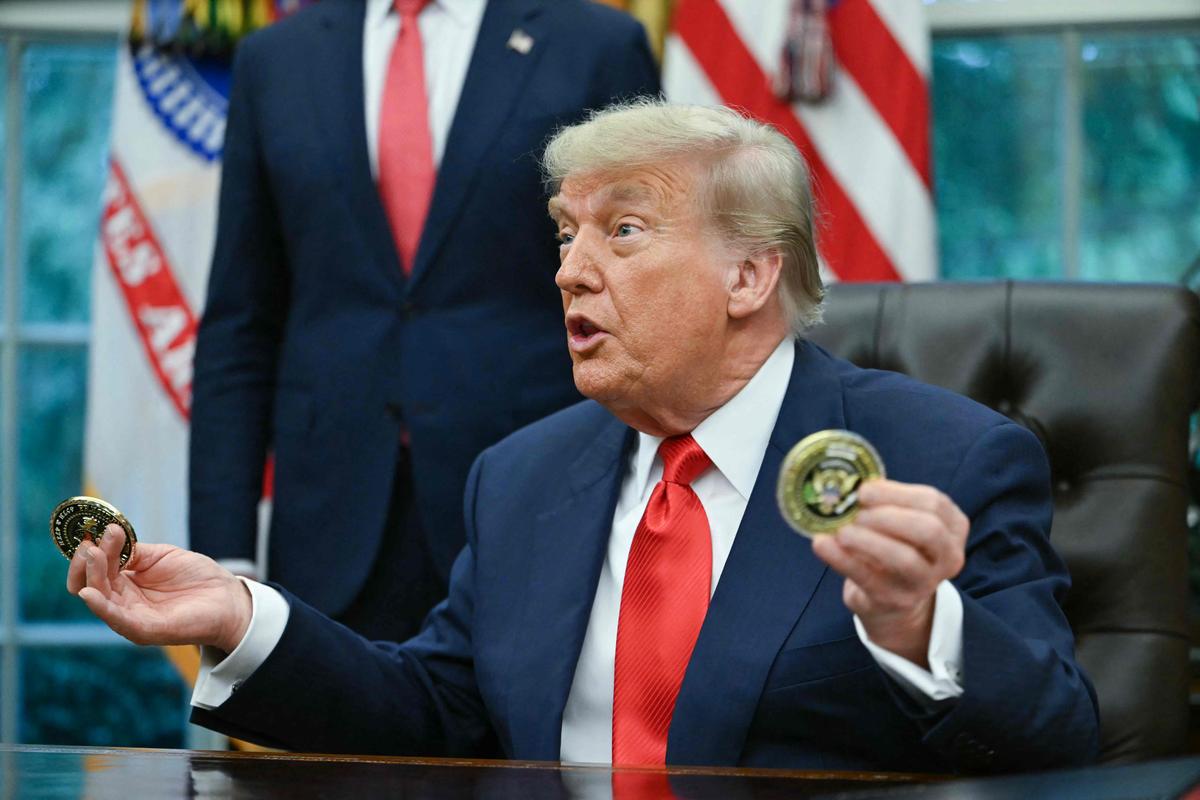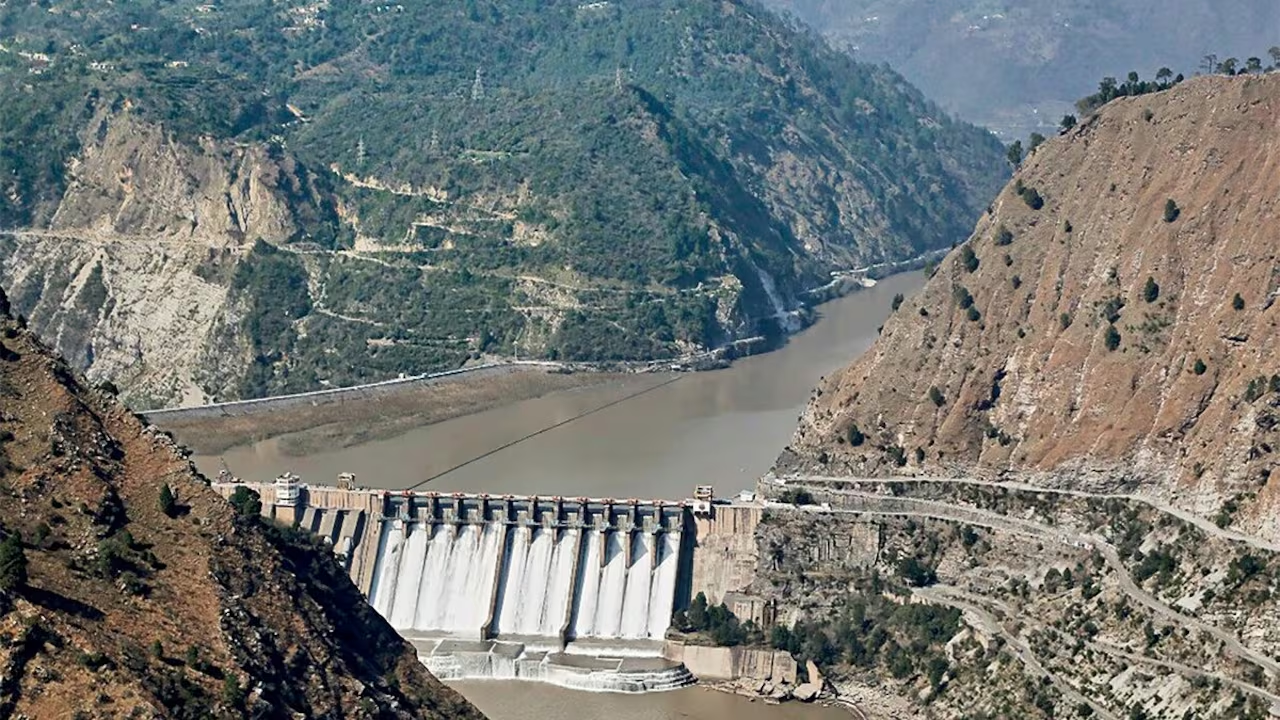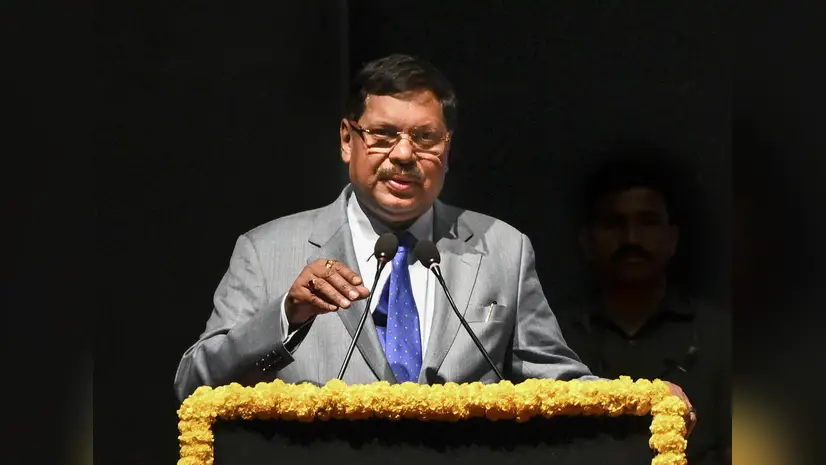- Courses
- GS Full Course 1 Year
- GS Full Course 2 Year
- GS Full Course 3 Year
- GS Full Course Till Selection
- Answer Alpha: Mains 2025 Mentorship
- MEP (Mains Enrichment Programme) Data, Facts
- Essay Target – 150+ Marks
- Online Program
- GS Recorded Course
- Polity
- Geography
- Economy
- Ancient, Medieval and Art & Culture AMAC
- Modern India, Post Independence & World History
- Environment
- Governance
- Science & Technology
- International Relations and Internal Security
- Disaster Management
- Ethics
- NCERT Current Affairs
- Indian Society and Social Issue
- NCERT- Science and Technology
- NCERT - Geography
- NCERT - Ancient History
- NCERT- World History
- NCERT Modern History
- CSAT
- 5 LAYERED ARJUNA Mentorship
- Public Administration Optional
- ABOUT US
- OUR TOPPERS
- TEST SERIES
- FREE STUDY MATERIAL
- VIDEOS
- CONTACT US
Echoes of Tyranny in Democracies
Echoes of Tyranny in Democracies

Why in the News?
- A recent US Supreme Court ruling has raised concerns about weakening checks on executive power.
- The verdict came around US Independence Day, prompting debate on democratic health.
- Globally, including in India, signs of institutional weakening and democratic backsliding are drawing attention.
- These trends highlight the urgent need to protect constitutional values and judicial independence.
What are the Key Highlights?
- Democracy and Its Vulnerabilities
- Erosion from Within
- Democracies may deteriorate not through coups, but via legal and institutional manipulation.
- Authoritarianism can emerge using electoral legitimacy and constitutional procedures.
- Power and Institutions
- Misuse of Legal Frameworks
- Constitutional provisions can be reinterpreted or amended to suppress dissent and consolidate control.
- Laws and judicial compliance can be used to legitimize undemocratic actions.
|
Some legal and constitutional frameworks that are often misused to suppress dissent or consolidate power in India: 1. Preventive Detention Laws
2. Constitutional Amendments
3. Ordinance-Making Powers
5. Internet Shutdowns and Surveillance Laws
6. Anti-Defection Law (Tenth Schedule)
7. Contempt of Court Law
8. Emergency Provisions
|
- Role of the Judiciary
- Courts play a pivotal role in either defending constitutional values or enabling executive overreach.
- Judicial independence is a key safeguard against authoritarian drift.
- Freedom and Civil Liberties
- Silencing Dissent
- Control over the media, censorship, and arrest of opposition leaders are common tactics.
- Civil liberties can be suspended under the cover of legality, weakening democratic resistance.
- Need for Vigilance
- Institutional Courage
- Strong and independent institutions are necessary to check arbitrary power.
- Democracies require active civil society and an informed public to resist encroachments.
- Learning from History
- Past instances of democratic collapse offer valuable lessons to prevent future authoritarianism.
- Similar Authoritarian Trends:
- Hegde highlights that tyranny can arise within a democratic structure, not necessarily through coups or revolutions.
- Elections and legal instruments, if manipulated, can be tools of oppression.
- He warns of “parallel states” (India and USA) and rule by executive fiat rather than constitutional principles.
What is Democracy?
Democracy is a system of government in which power is vested in the people. It allows citizens to participate in political decision-making, either directly or through elected representatives. Features of Democracy
How the Indian Constitution is Democratic
|
Implications
- Highlights a global democratic crisis, not just a national one.
- Urges civil society, courts, and the legislature to act as safeguards against authoritarianism.
- Suggests that both legal and extra-legal resistance (civil disobedience, press, academia) are essential to preserving freedom.
Challenges and Way Forward
|
Challenges |
Way Forward |
|
Weakening of institutions (judiciary, media, legislature) |
Strengthen institutional autonomy and uphold the doctrine of separation of powers |
|
Misuse of laws (UAPA, NSA, Sedition, etc.) to suppress dissent |
Amend or repeal draconian laws; ensure laws align with fundamental rights |
|
Judicial overreach or passivity |
Ensure judicial accountability while maintaining independence; encourage proactive constitutional review |
|
Suppression of dissent and press freedom |
Protect freedom of speech and media through legal safeguards and transparent regulation |
|
Ordinance route bypassing parliamentary debate |
Limit ordinance usage to genuine emergencies and encourage legislative debate |
|
Majoritarianism and neglect of minority rights |
Strengthen constitutional safeguards for minorities and promote inclusive governance |
|
Erosion of federalism (misuse of Article 356) |
Uphold cooperative federalism and limit arbitrary central intervention |
|
Civil apathy and declining democratic participation |
Promote civic education and active citizen engagement in democratic processes |
Conclusion
Democracy thrives on constitutional values, institutional integrity, and active citizen participation. To prevent authoritarian drift, it is vital to protect freedoms, uphold checks and balances, and ensure accountability in governance.
|
EnsureIAS Mains Question Q. Democracy can be undermined not just by force, but through the misuse of legal and institutional frameworks. In this context, examine the role of the judiciary, civil society, and legislature in safeguarding democratic values. (250 words) |
|
EnsureIAS Prelims Question Q. Which of the following are essential features of a constitutional democracy?
Select the correct answer using the code below: Answer: b Explanation: Statement 1 is correct: Separation of powers is a key principle. A constitutional democracy distributes power among the legislature, executive, and judiciary to avoid concentration of authority. Each branch acts as a check on the others, ensuring accountability and balance in governance. Statement 2 is correct: Periodic elections are fundamental to democracy. Regular, free, and fair elections allow citizens to choose their representatives and hold them accountable. This ensures that the government remains representative and responsive to the people. Statement 3 is correct: Judicial independence is essential. An impartial and independent judiciary ensures that laws are fairly interpreted and enforced, and that fundamental rights are protected, even against the actions of the government. Statement 4 is incorrect: Rule by ordinances is an exception, not a feature. Ordinances are temporary laws made by the executive without legislative approval, intended for emergencies. Frequent or unjustified use bypasses democratic processes and undermines parliamentary authority. Statement 5 is correct: Protection of rights is vital in a constitutional democracy. Fundamental rights such as freedom of speech, equality, and personal liberty are essential for individual dignity and democratic participation. Their protection ensures the government operates within constitutional limits. |



